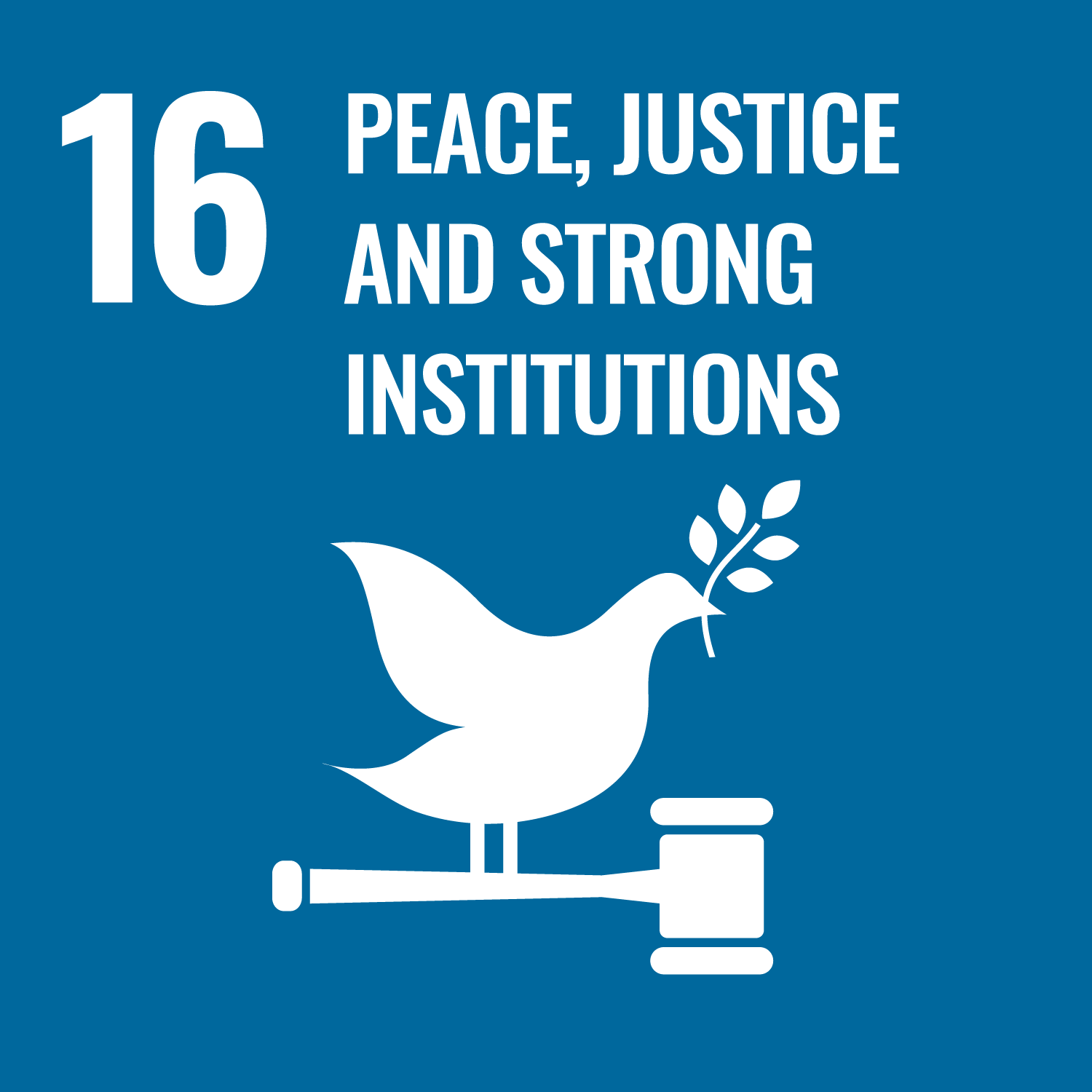ORCID
- Alison M. Bacon: 0000-0003-4279-3814
Abstract
This study presents a qualitative, user-focused evaluation of a three-day dramatherapy workshop run as part of an 18-week treatment group for mentally disordered sexual offenders (MDSOs). The programme is based in the Good Lives Model and aims overall to increase empathy, victim awareness and emotional awareness. The objective of the present study was to understand offenders’ lived experiences of the workshop and how they perceived it to contribute to their recovery. Semi-structured interviews were conducted with five offenders and their narratives transcribed. An Interpretive Phenomenological Analysis, revealed four superordinate themes which we have termed Not being the person I was, Gaining new perspectives, Social Relationships and Barriers. These themes lend support to recent research on treatment and behaviour change in sexual offenders emphasising responsivity and process issues. This study draws particular emphasis to the need to encourage group cohesion and trust, and highlights issues relating to peer comparisons which may impede new perspectives on personal identity and rationale for change. The study also found barriers to change in some participants including impression management, memory problems and varying levels of attraction or, conversely aversion, to dramatherapy techniques. Practical implications for the effective delivery of sex offender treatment groups in the context of personal recovery from mental disorder and offending are discussed.
DOI Link
Publication Date
2018-12-01
Publication Title
Journal of Forensic Psychology Research and Practice
Volume
18
Issue
5
ISSN
2473-2850
Acceptance Date
2018-08-01
Embargo Period
2019-09-10
Keywords
Good Lives Model, Mentally disordered sex offenders, Recovery processes, Dramatherapy, IPA
First Page
352
Last Page
373
Recommended Citation
Colquhoun1, B., Lord, A., & Bacon, A. (2018) 'A Qualitative Evaluation of Recovery Processes Experienced by Mentally Disordered Offenders following a Group Treatment Programme', Journal of Forensic Psychology Research and Practice, 18(5), pp. 352-373. Available at: 10.1080/24732850.2018.1510280


